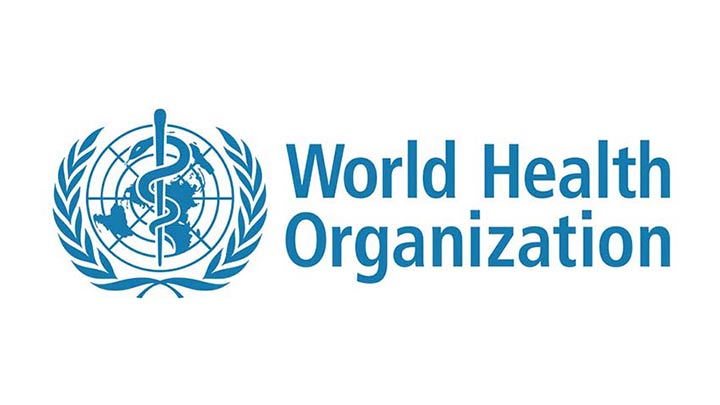The global emergency caused by Covid-19, declared more than three years ago, is now officially over.
The World Health Organization (WHO) announced at its press conference on May 5th, 2023, that Covid-19 is no longer a global health emergency.
Tedros Adhanom Ghebreyesus, the director-general of WHO, said that the pandemic has been on a downward trend for over a year.
Ha said, “This trend has allowed most countries to return to life as we knew it before covid-19. The emergency committee has recommended declaring an end to the global health emergency of Covid-19, and I have accepted that advice.”
He added that the decision had been considered carefully for some time and stressed that it does not mean Covid-19 has over as a global health threat. He has also warned that new variants could yet emerge.
The declaration of the end of the global health emergency marks a significant milestone in the fight against the pandemic. It represents the collective efforts of healthcare professionals, scientists, governments, and communities around the world who have worked tirelessly to control the spread of the virus and mitigate its impact on society.
While the emergency has ended, it is crucial to remain cautious. The WHO and health authorities worldwide continue to stress the importance of maintaining preventive measures such as good hand hygiene, wearing masks when necessary, and adhering to local guidelines and regulations. Vaccination campaigns are ongoing, aiming to ensure that as many people as possible are protected against the virus.
As the world emerges from this unprecedented crisis, there are valuable lessons to be learned. The importance of strong healthcare systems, robust pandemic preparedness plans, and effective global collaboration has become evident. By applying the knowledge gained from this experience, we can better prepare for future health crises and ensure a more resilient and equitable response.
